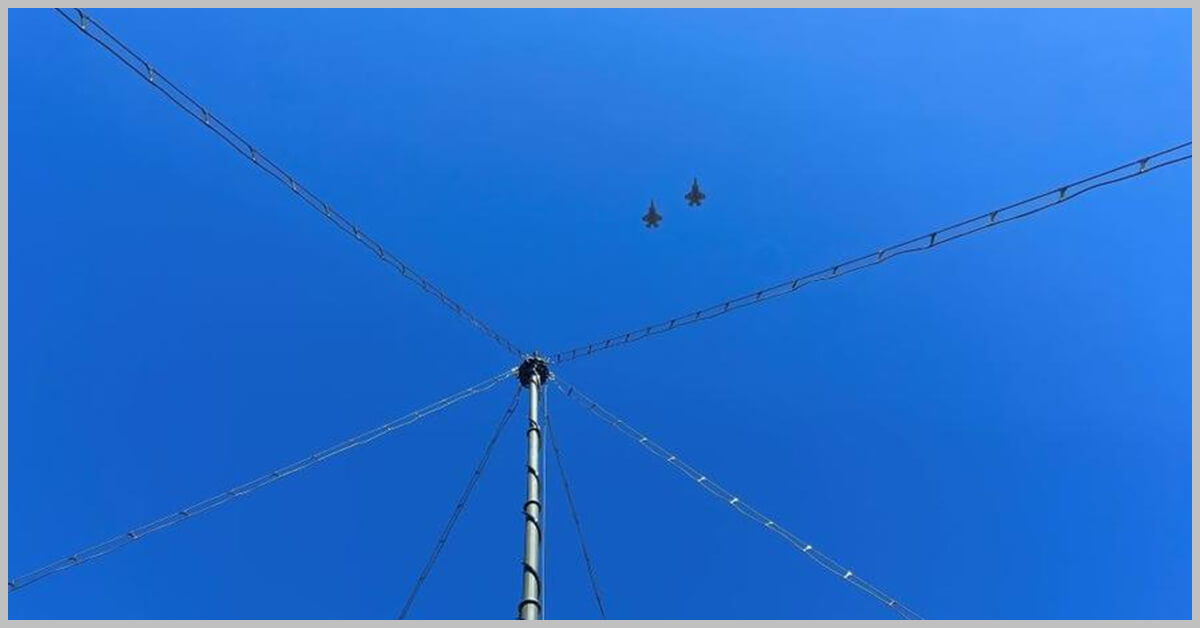Space Systems Command has launched another National Reconnaissance Office’s national security mission to geosynchronous earth orbit onboard a United Launch Alliance Delta IV Heavy rocket.
The NROL-68 mission lifted off from Space Launch Complex-37B at Cape Canaveral Space Force Station on Thursday, carrying a classified spy satellite payload for the U.S. government, SSC said.
“The payload we’ve put into space today adds to the unique capability the NRO provides to keep us safe and out in front of the pacing challenges posed by our nation’s competitors,” said Maj. Gen. Stephen Purdy, program executive officer for SSC’s Assured Access to Space.
The launch is the penultimate flight of ULA’s Delta IV for the U.S. Space Force. The rocket is scheduled to send its final launch mission for the service before its retirement in 2024.
Delta IV’s successor Vulcan is expected to lift the next generation of satellites into space for government and commercial customers.





